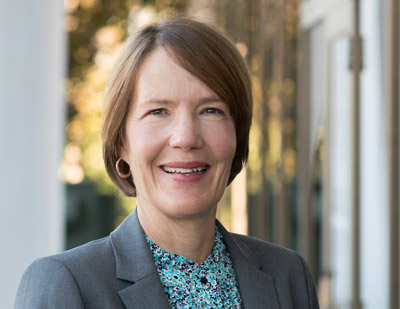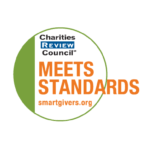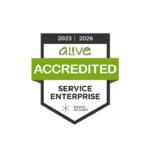Our Perspective | By Dawn Simonson, President and CEO of Trellis

The COVID-19 pandemic has been particularly hard on people living with dementia and their caregivers. A recent study found that people with dementia are at a significantly higher risk of contracting COVID-19 and, when infected, they have a much higher risk of hospitalization — 59% for those with dementia versus 25% for the overall population (Alzheimer’s & Dementia, 2021).
For people with dementia, retreating for months on end in their homes or being cared for in unfamiliar environments without contact with informal caregivers has deepened isolation, often having a greater impact on them than on people without dementia.
For caregivers, a recent survey showed 81% reporting increased levels of stress, and 72% of those caring for people with Alzheimer’s disease at home are “unsure what would happen to their loved one” if they got sick (UsAgainstAlzheimer’s, 2021).
The pandemic put the need for community support for people living with dementia and their caregivers into sharp relief. Individuals and families can’t manage the extraordinary demands on their own. Yet, too often fear, the stigma of memory loss and misconceptions about the effects of dementia (AARP, 2021) stand in the way of effective community support.
Communities can reduce that stigma and counteract false information. And they are successfully doing just that throughout Minnesota through community initiatives with the assistance of Trellis.
- With 50+ ACT on Alzheimer’s communities, more than 21,000 Dementia Friends and 552 Dementia Champions, we are expanding the capacity of communities to be dementia friendly.
- The Remember Project’s live theater events and community discussions that work to reduce the stigma of memory loss became virtual during the pandemic with three plays now “in the can,” as we say. Through more than 60 events, we reached more than 1,800 attendees.
- In partnership with the University of Minnesota and Minnesota Dental Association, Trellis introduced a dementia-friendly curriculum for dental office staff (soon to be rolled out across the state).
We are honored to provide backbone support for these community initiatives — made possible by informal community leaders with support from local service, business and faith institutions.
We are excited to sponsor “Becoming Dementia Friendly: 2021 Community Summit” on October 7 to provide an opportunity for these amazing community leaders to connect, learn from each other and start to plan their next steps in making our communities good places for everyone to live and age.
We’re proud of this work and we are deeply grateful to our amazing partners, staff and consulting colleagues who are making it possible.



